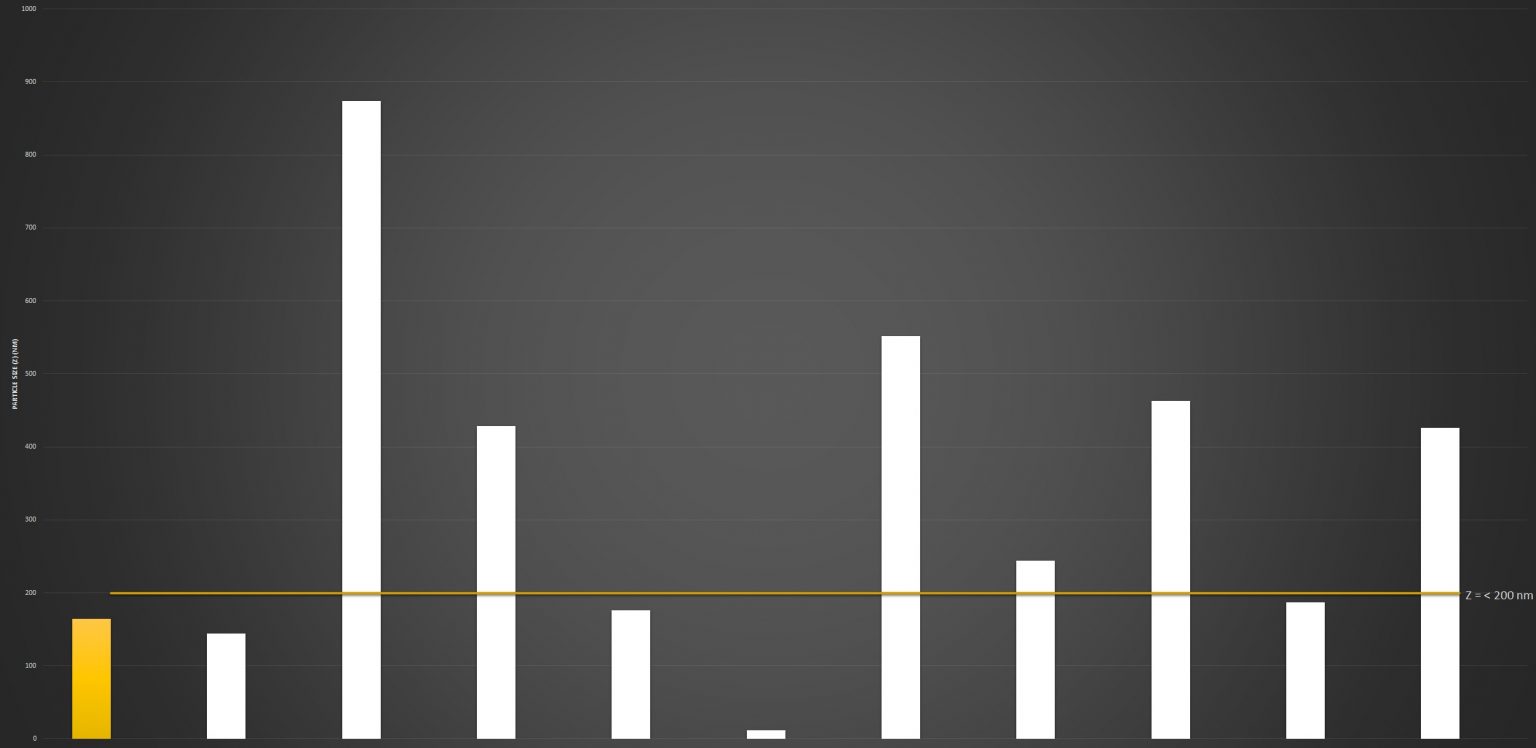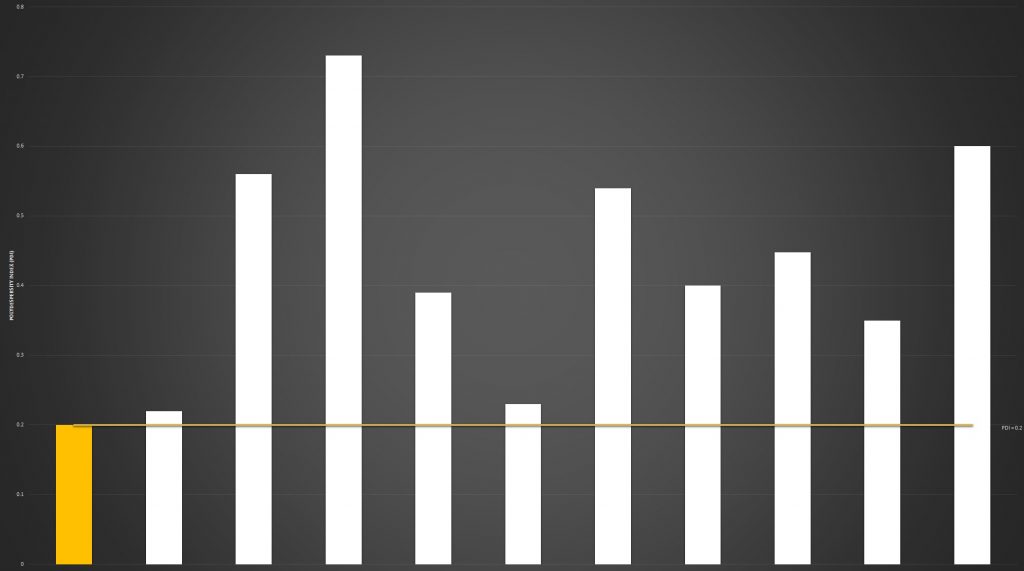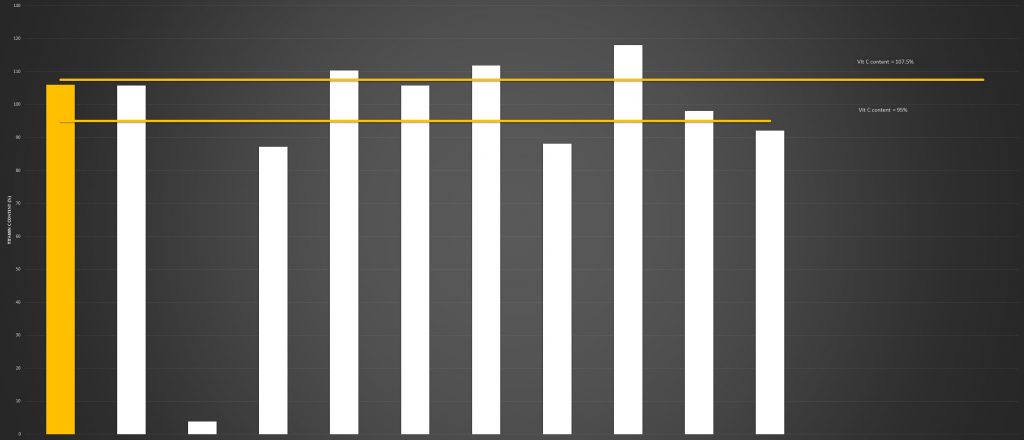
As a rule, food supplement companies are fairly private about their ingredient sources and production practices. Moreover, many make efficacy claims that have little to no scientific proof to back them up, despite being emblazoned with marketing phrases such as “backed by science.”
As recently as November 2021, the ASA published a ruling on the marketing of liposomal supplements, following the analysis of a particular brand of “liposomal” Vitamin C.
This brand’s products were found to be devoid of any liposomes, despite having been heavily marketed as such since its launch in 2018. “Because we had not seen conclusive evidence confirming the presence of liposomes in [brand x] product, we concluded that the claims “liposomal vitamin C”, and similar claims about the liposomal nature of the product, had not been substantiated and were therefore misleading.”
We already knew this.
In order for liposomes to be effectively and efficiently absorbed into the cells, they need to be a certain size. If the liposome matrix is too large, it will not be absorbed and will instead be excreted. Ideally for liposomal Vitamin C, the particle size should be between 100nm and 200nm.

The above is a snapshot of the particle sizes from ten liposomal Vitamin C products alongside lipolife LVC2, highlighted.
The standard bar indicates a size of 200nm. You will note that some products fall within the range considered optimum for absorption. Several products contained liposomes over 400nm and one product completely lacked any liposomes, returning a false positive from a molecule of glycerol.
The polydispersity index (PDI) is a measure of the variability of a sample based on size. The numerical value of PDI ranges from 0.0 to 1.0. A value of 0.0 indicates a sample containing perfectly uniform sized particles. A PDI of 1.0 indicates a sample containing multiple particles of varying size and shape.
Quality, lipid-based food supplements, such as liposome and nanoliposome formulations, should present a PDI of 0.2 to 0.3, ideally ≥0.2.
In short, a low PDI means a stable formula with higher absorption potential.
A high PDI value will result in an unstable formula with lower absorption capability.

Our PDI analysis once again showed a significant difference in quality across the products tested.
lipolife LVC2 returned a PDI of 0.2, with only two other brands returning similar results. Those brands which were found to have a PDI above 0.7 indicate formulas that are unlikely to be manufactured to a high quality.
In 2019, Which published an article following an investigation into food supplements. Staggeringly, of the eight supplements they tested, three of the biggest names in the industry were marketing products that did not contain the stated dosage of nutrient.
By law, supplements can contain up to 50% more or 20% less vitamin, and 45% more and 20% less mineral than what is stated on the label.

When testing the Vitamin C content of the liposomal products were purchased, the majority fell into the acceptable parameters of the stated dose.
One particular product, a product which sells very well on a popular ecommerce platform, contained less than 4% of the stated Vitamin C content.
This same product had a pH of 2.87, a particle size of 873.60nm and a PDI of 0.56. This is far removed from a quality liposomal supplement.

lipolife began the journey into liposomal encapsulation innovation in 2010. Launching a liposomal Vitamin C to market in 2012, lipolife became the first commercial manufacturer of liposomal supplements in Europe.
Coming Soon